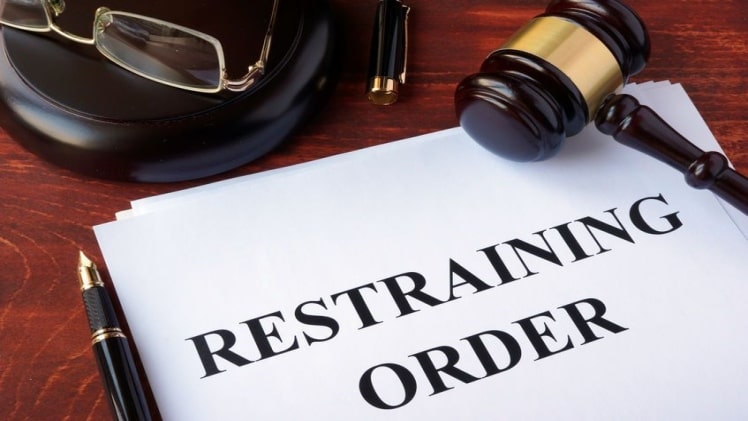During the pendency of a criminal case involving a domestic violence arrest, the judge frequently issues a No Contact Order between the parties. This could result in severe hardship and unintended repercussions for both parties. Both parties might not want the No Contact Order in the first place.
Couples that are unable to communicate can feel frustrated. A No Contact Order can put a hardship on a family’s finances, child care, and the ability to maintain some sort of normalcy.
So it’s advised not to take matters into your own hands and get legal help!
This article explains what a No Contact Order is and how it works.
No Contact Orders – What Are They?
While the case is underway, you are not allowed to contact the other side.
- By this law, you are forbidden from contacting anyone directly or indirectly, either in person or electronically.
- Third parties are prohibited from relaying messages on your behalf.
- This law prevents you from going to certain parts of the other person’s life, such as home, school, or workplace.
Furthermore, the law prohibits you from keeping tabs on the other person. Violations of a No Contact Order might lead to more serious criminal prosecution. The punishment for violating a no-contact order equals the sentence for the underlying crime.
Do I Have the Right to Modify or Lift a No Contact Order?
A No Contact Order can only be modified or removed by a judge. No-contact orders are standard at the outset of most criminal prosecutions, including assault, harassment, trespass, and malicious mischief. However, parties can petition the court to amend or lift these orders.
To have a hearing granted by the judge, you must contact the court clerk. The No Contact Order remains in place if the judge refuses to provide a hearing on the case. You’ll have to persuade a judge to amend the conditions of the No Contact Order.
Is there anything I can do to help?
It’s usually a good idea to establish that you’ve followed the provisions of a No Contact Order before filing a court motion. It can establish accountability and trustworthiness to the judge if you demonstrate that you have been entirely compliant with the court’s release requirements thus far. If you’ve been accused of breaching a No Contact Order before, a judge is unlikely to allow your request to have it revoked.

